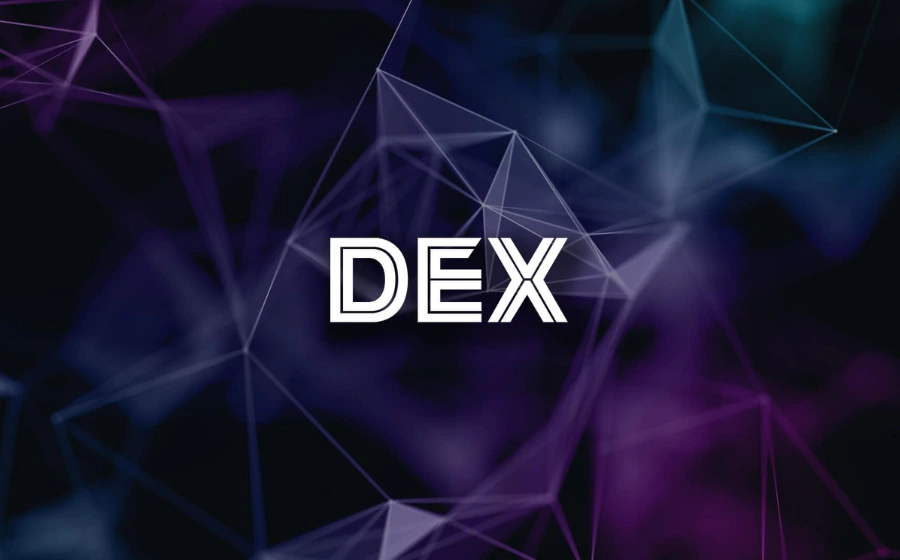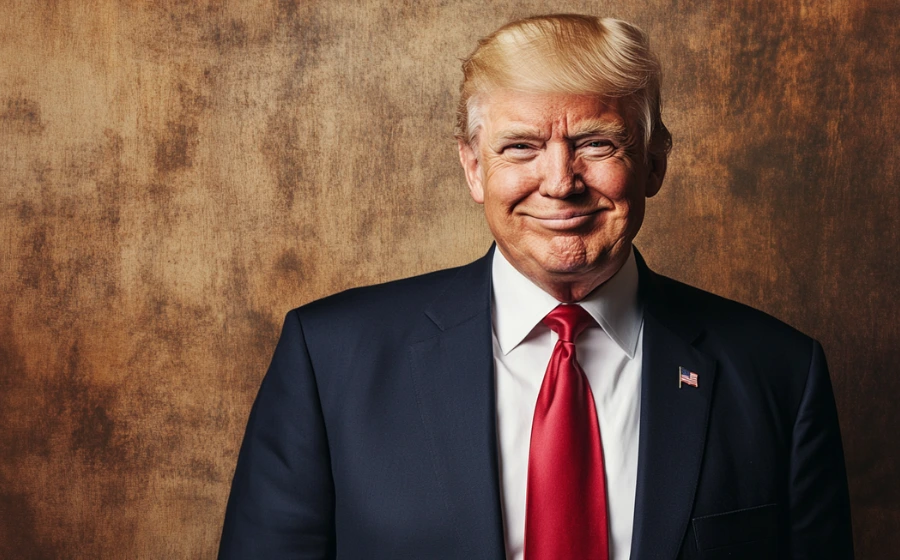
KEYTAKEAWAYS
- Hayes identifies the current economic landscape as a local inflationary cycle, favoring Bitcoin over gold as a safe-haven asset.
- He emphasizes Bitcoin's independence from national control and faster transaction capabilities as key advantages over gold.

CONTENT
BitMEX co-founder Arthur Hayes argues that Bitcoin’s decentralized nature and transaction speed make it a superior safe-haven asset compared to gold in the current inflationary economic cycle, emphasizing the importance of timing in investment decisions.
In a recent blog post, Bitcoin billionaire and BitMEX co-founder Arthur Hayes presented a compelling case for Bitcoin’s superiority as a safe-haven asset in the current “inflationary era.” Hayes argues that the present economic landscape, characterized by a local cycle of inflation, makes Bitcoin a more attractive option than gold due to its independence from national control and faster transaction capabilities.
Hayes begins by distinguishing between local and global economic cycles. He explains that local periods often involve financial repression by authorities to fund significant expenditures, resulting in inflation. In contrast, global periods are marked by deregulated finance and promote global trade, leading to deflation. According to Hayes, we are currently in a local cycle driven by inflationary pressures and geopolitical tensions.
“The world is moving from a unipolar US-ruled world order to a multipolar world order that contains leaders such as China, Brazil, Russia, etc,” Hayes wrote, highlighting the shift contributing to the current inflationary environment as nations prioritize domestic economic stability.
Discussing investment implications, Hayes stated, “If you believe in neither the system nor those governing it, you invest in gold or another asset that doesn’t require any vestiges of the state to exist, like Bitcoin.” He argues that Bitcoin’s decentralized nature and the speed of transactions make it a more attractive option than gold in today’s economic climate.
Hayes provides historical context, describing how past cycles influenced investment choices. He notes that from 1933 to 1980, the Pax Americana Ascending Local Cycle saw the U.S. economy growing through financial repression. In contrast, the 1980 to 2008 Pax Americana Hegemon Global Cycle was characterized by deregulation and a stronger dollar, favoring stock investments over gold.
The current cycle, which began in 2008, saw the emergence of Bitcoin as a significant development. “The wrinkle is that at the start of the current local cycle, Bitcoin offered another stateless currency,” Hayes wrote. Unlike gold, Bitcoin is maintained through a cryptographic blockchain, allowing for faster and more secure transactions. This distinction has enabled Bitcoin to outperform gold since its inception.
However, Hayes emphasizes the importance of timing in investment decisions. “We know we are in an inflationary period, and Bitcoin has done what it’s supposed to: outperform stocks and fiat debasement. However, timing is everything. If you bought Bitcoin at the recent all-time high, you might feel like a beta cuck because you extrapolated past results into an uncertain future,” he cautioned.
Looking forward, Hayes predicts a shift in credit allocation, advising investors to monitor “fiscal deficits and the total amount of non-financial bank credit” as key indicators for future economic trends.
Buy Bitcoin at Binance
Enjoy up to 20% off on trading fees! Sign up Now!

















